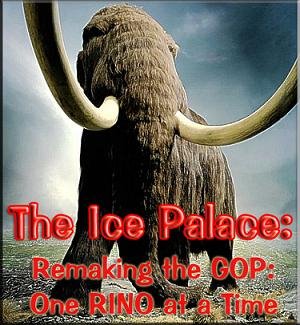The end of the American Republic?
“The American Republic will endure until politicians realize they can bribe the people with their own money.” -Alexis De Tocqueville
Politicians, especially since FDR, have long known that they can bribe the people with their own money. But since FDR, a healthy majority of the American people couldn’t be bought. They loved freedom, less government, and a secure nation more than the baubles and breadcumbs that may have flowed from Washington, D.C.
The nation, on the whole, was a conservative nation.
Nothing illustrated this more than the wholesale acceptance of Ronald Wilson Reagan in the 1980s, and of his legacy as borne in the Contract with America that launched the Republican Congressional revolution of 1994.
And nothing spelled out the repudiation of the conservative principles on which this nation was founded than the third place finish of Fred Thompson in South Carolina.
On point after point, from immigration, to national security, to taxes and to life itself, Fred Thompson mirrored the conservative ideals that, when put into practice, have been proven to be so effective in governing our nation since the penning of the Federalist Papers.
If there was anywhere in this nation where it couldn’t have been more clear, it would have been in South Carolina; traditionally a bastion of clear thinking, small government conservatives.
Yet John McCain, in every sense an opportunistic political populist with a liberal voting record as long as the Mississippi, ran the table.
Newt Gingrich caught a lot of flack when he proclaimed that Reaganesque conservatism was in its death throes, and that politicians needed to embrace a more “centrist” approach.
He was right in the sense that South Carolina is current living proof that Reaganesque conservatism is, if anything, on life support.
Maybe Rush Limbaugh was right last week when he said that it took a Jimmy Carter to give us Ronaldus Magnus.
Perhaps 2012 will be the year of Fred… if the liberals haven’t run us into the ground by then.















|